New 3D Printing Materials Capabilities Unlock Manufacturing Possibilities
Though Formlabs has been at the forefront of hardware development for over a decade by bringing industrial power to an accessible price point with the Form Series SLA printers and Fuse Series SLS printers, our materials development team has matched the pace of innovation by developing over 40 proprietary materials and unlocking new applications for every industry.
With their two new SLA resin materials, Silicone 40A Resin and Alumina 4N Resin, they are challenging the idea of what 3D printed parts can do.
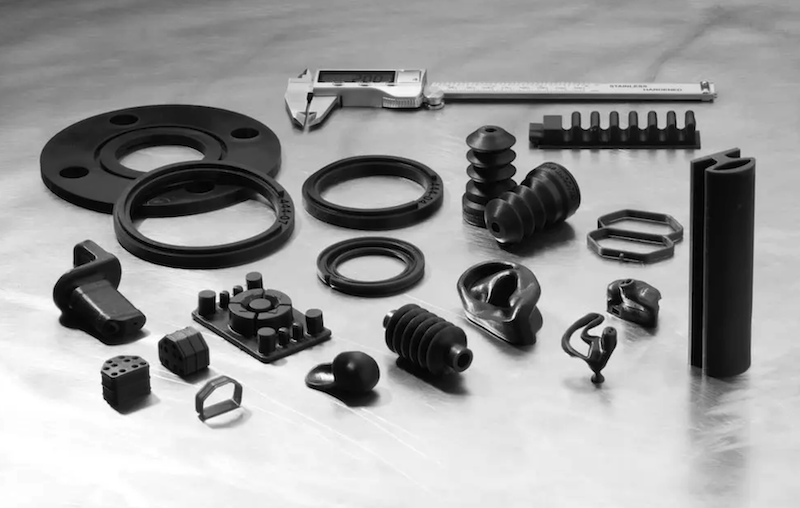
Silicone 40A Resin is the first accessible pure silicone 3D printing material made possible by their patent-pending Pure Silicone Technology™, that combines the outstanding material properties of cast silicone with the benefits of 3D printing. Though pure silicone materials have existed for 3D printers for years, their exorbitant price or low-quality have limited the possibilities for functional prototypes or high-quality end-use parts. Silicone 40A Resin brings the accessibility and affordability that Formlabs is known for together with the reliability, consistency, and familiarity of pure silicone made through traditional methods.
Technical ceramics are used everywhere in manufacturing and engineering. And though 3D printing is becoming nearly as ubiquitous, combining the two technologies has been all but impossible. With Alumina 4N Resin, Formlabs is introducing a 99.99% purity alumina material, opening doors to intuitive and cost-effect ceramic part production through 3D printing.
The United States Air Force Research Laboratory has been testing the new material by printing prototypes parts for turbine engines and materials research that are very difficult to make through traditional ceramic manufacturing techniques. Materials Research Engineer Benjamin Lam reported,
“Alumina 4N Resin is remarkably easy to work with and plugs into our workflow seamlessly. It fits a need in the market, with a low barrier of entry that allows us to rapidly iterate on designs and produce parts at a comparably low cost.”
Formlabs has also released new SLS materials like TPU 90A Powder, their first flexible material for the Fuse Series SLS ecosystem. The Fuse 1+ 30W SLS printer was the first system to offer industrial power at an accessible price and has been empowering Formlabs SLS customers to improve their design, engineering, and manufacturing workflows. Its versatility is only becoming more and more impactful as new, powerful materials become available.
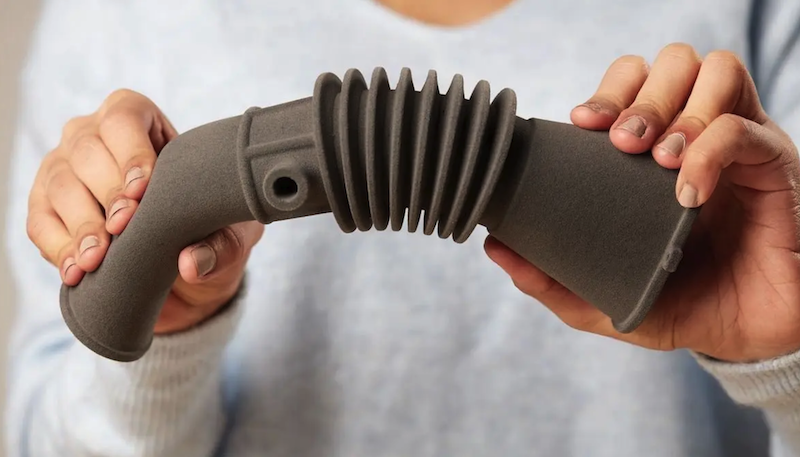
TPU, or thermoplastic polyurethane, is one of the most commonly used elastomeric thermoplastics in the engineering, design, and manufacturing disciplines. This rubbery, durable material is everywhere: from sporting goods to medical devices, and the soles of the shoes on your feet.
There are proven workflows for the traditional manufacturing of TPU parts — and these workflows are still ideal for mass-produced rubber products. The advantages of printing TPU 90A Powder on the Fuse Series are found in the system’s ease of use for rapid prototyping, on-demand manufacturing aids, and customization possibilities.
For more information on Formlabs, their 3D printers and the Formlabs Automation Ecosystem, please click below.


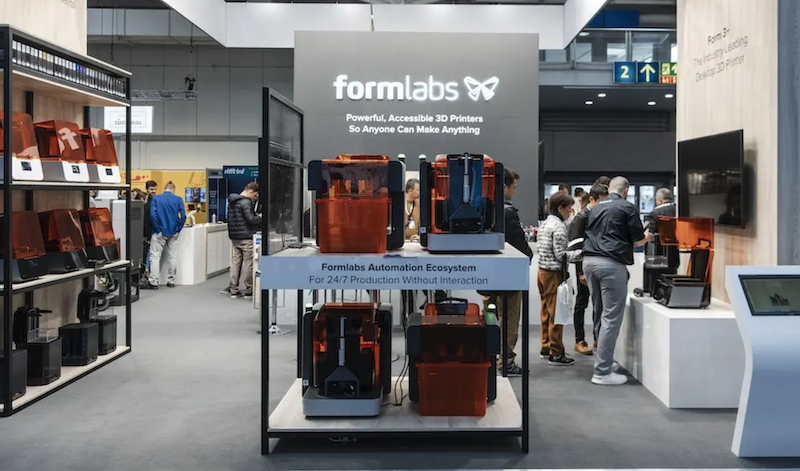
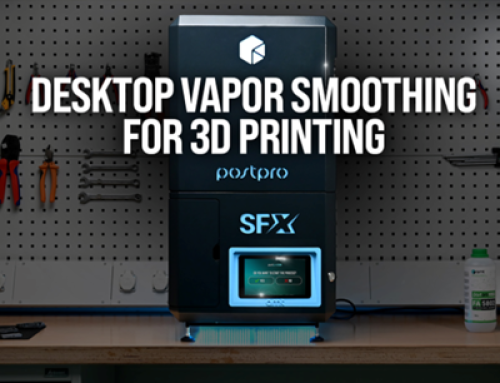


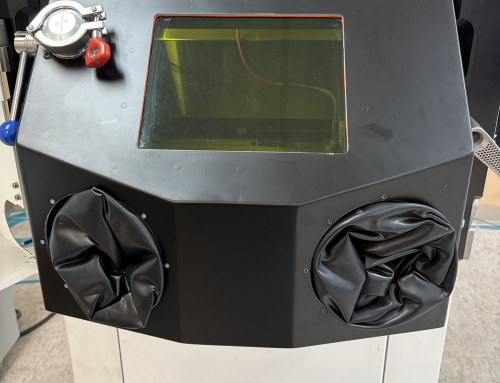
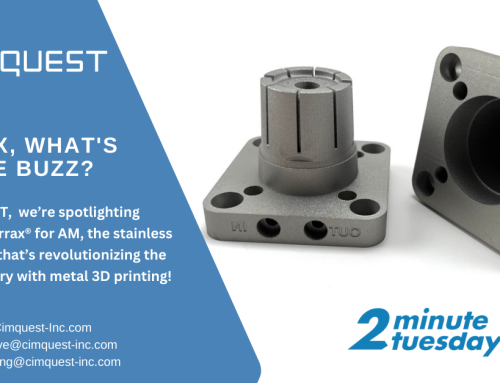
Leave A Comment